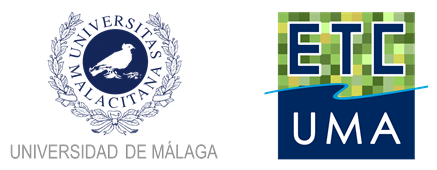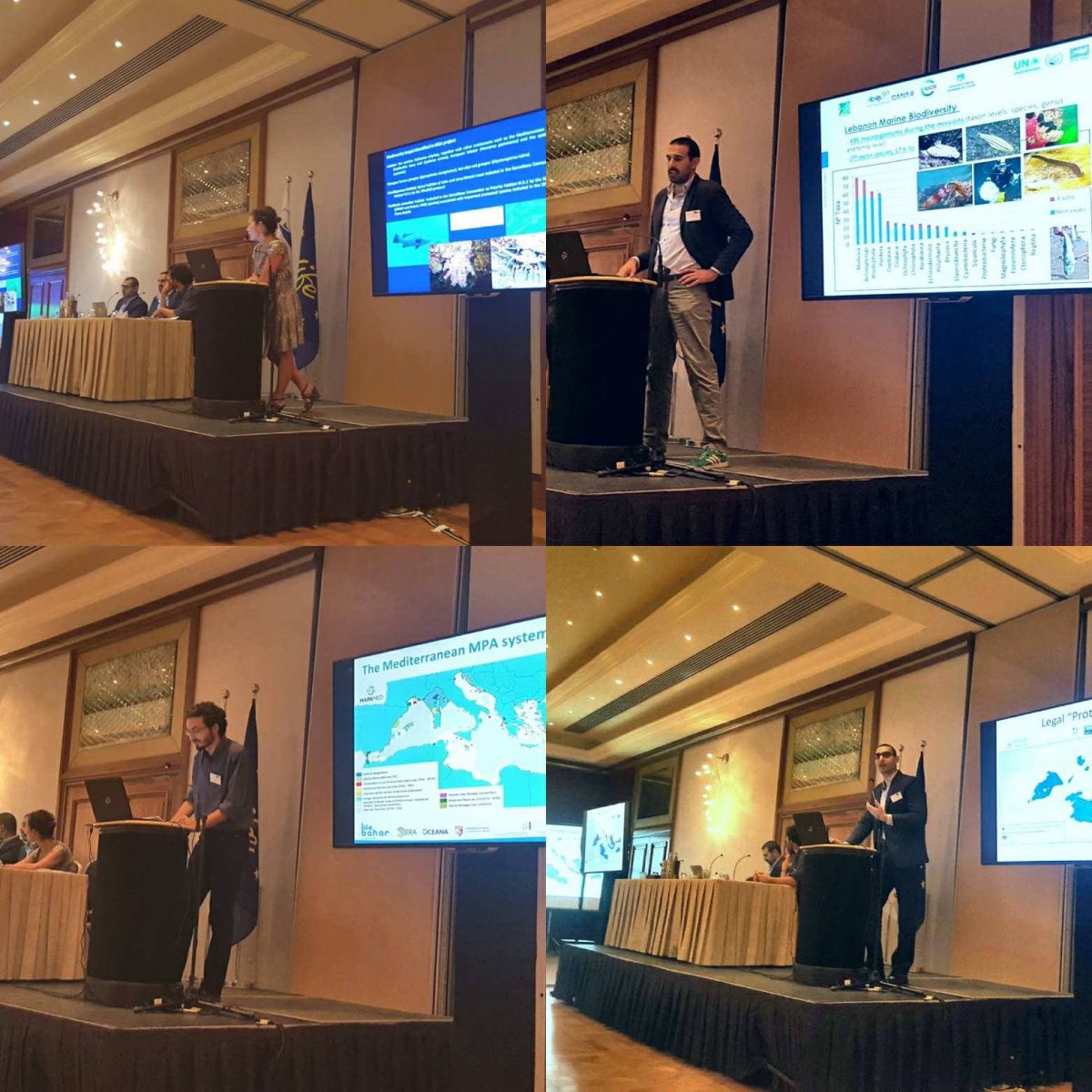From 11 to 14 September 2017, the European Topic Centre of the University of Malaga (ETC-UMA) represented by Ameer Abdulla, Senior Advisor to the PANACeA Working Group on Protected Area Management, attended the Mediterranean conference organized in Malta by the Life Bahar for N2K project. For this occasion, examples of the Emerging Spatial and Temporal Patterns in Marine Biodiversity and Human Activities in the Mediterranean and Implications for Management and Policy were highlighted.
It is widely known that the Mediterranean has a unique ecology and significant areas have been identified, though human impacts in the region have been underestimated. When assessing management, marine “protection” data should be accompanied by clear indicators on the impact of human activities on biodiversity and the management measure needed to protect biodiversity and key ecosystems. The Mediterranean is far below global and regional targets for protection and management, especially in the South and East. An appropriate analysis of available global data accompanied by validation at local level is showing the increasing impact of human activities in the region and the urgent need to address adequate and feasible management measures particularly in critical hotspots.
The regional Interreg Med Programme project PANACEA focusing on Biodiversity Protection led by ETC-UMA will roll out until October 2019. The main objective of this project is to enhance management and protection of marine biodiversity in the Mediterranean through the synthesis and analysis of regional results and data sets from 9 ongoing subprojects that address marine waste and litter, MPAs and Maritime Spatial Planning, fish stocks and fisheries, climate change adaptation, seagrass management, and coastal wetland governance. These analyses are undertaken within the context of a decade of regional Mediterranean biodiversity projects and data sets collected and developed by the ETC-UMA to understand long term trends in the Mediterranean region.
LIFE BaĦAR for N2K (LIFE12 NAT/MT/000845) aims to extend existing marine Sites of Community Importance (SCIs) and identify new SCIs for inclusion within the Natura 2000 network. The Natura 2000 is a network of protected areas throughout the EU and it is considered the largest coherent group of protected areas in the world. The Natura 2000 network was established in 1992 under the Habitats Directive, with the long term aim of protecting Europe’s most vulnerable and threatened species and habitats.
This and other issues will be at the centre of debate during the forthcoming PANACeA events on Bridging the Science-Practice-Policy Interface in Mediterranean Biodiversity Protection to take place in Barcelona from 23 to 25 October 2017. If you are interested, please visit MedCities website to register.



